This is a fascinating video of an experiment where children were asked to draw pictures of people in different jobs. You could use it as a Philosophy for Children stimulus.
https://youtu.be/qv8VZVP5csA?si=1-hX8mXMCynQ-9lB
Concepts include gender, jobs, aspirations, role models, representation and assumptions.
Possible questions:
Is it always true that you have to ‘see it to be it’? How close to your own identity do your role models have to be? Is it possible to see a wide range of different people as role models?
Should people who work in professions where they are in the minority, actively work to challenge stereotypes?
If we notice that someone seems to be representing a minority in a job, is it better to mention it, celebrate it, or not make an issue of it?
How can we make job applications as fair as possible? Should we decide who gets the job before we know about people’s age, gender, sexuality, disability status and so on? How could we do that?
Positive discrimination – good idea / bad idea?
When thinking about our future, should we always aim for high-status jobs, or is it ok to just want to get by?
Is a job the most important thing in life?
Learners recall fiction, processes, explanations and more by listening and building on what others have said
Are these examples of adventure, bravery, or both?
How one teacher got everyone thinking, talking, listening and learning
Give pupils the skills and resilience to work with a diverse range of people
Talk prompts and sentence stems to help learners express different types of thinking
Help students to use the language of Maths
Lawrence the Lion and Maple the Meerkat tackle some philosophical dilemmas…
An example of using children’s wonderings to guide a philosophical discussion
My top three strategies to make sure every pupil speaks during whole-class learning
Get your class thinking about fairness, teamwork, competition and more
The importance of positive, transparent systems for deciding who responds
An opportunity to take your teaching to the next level






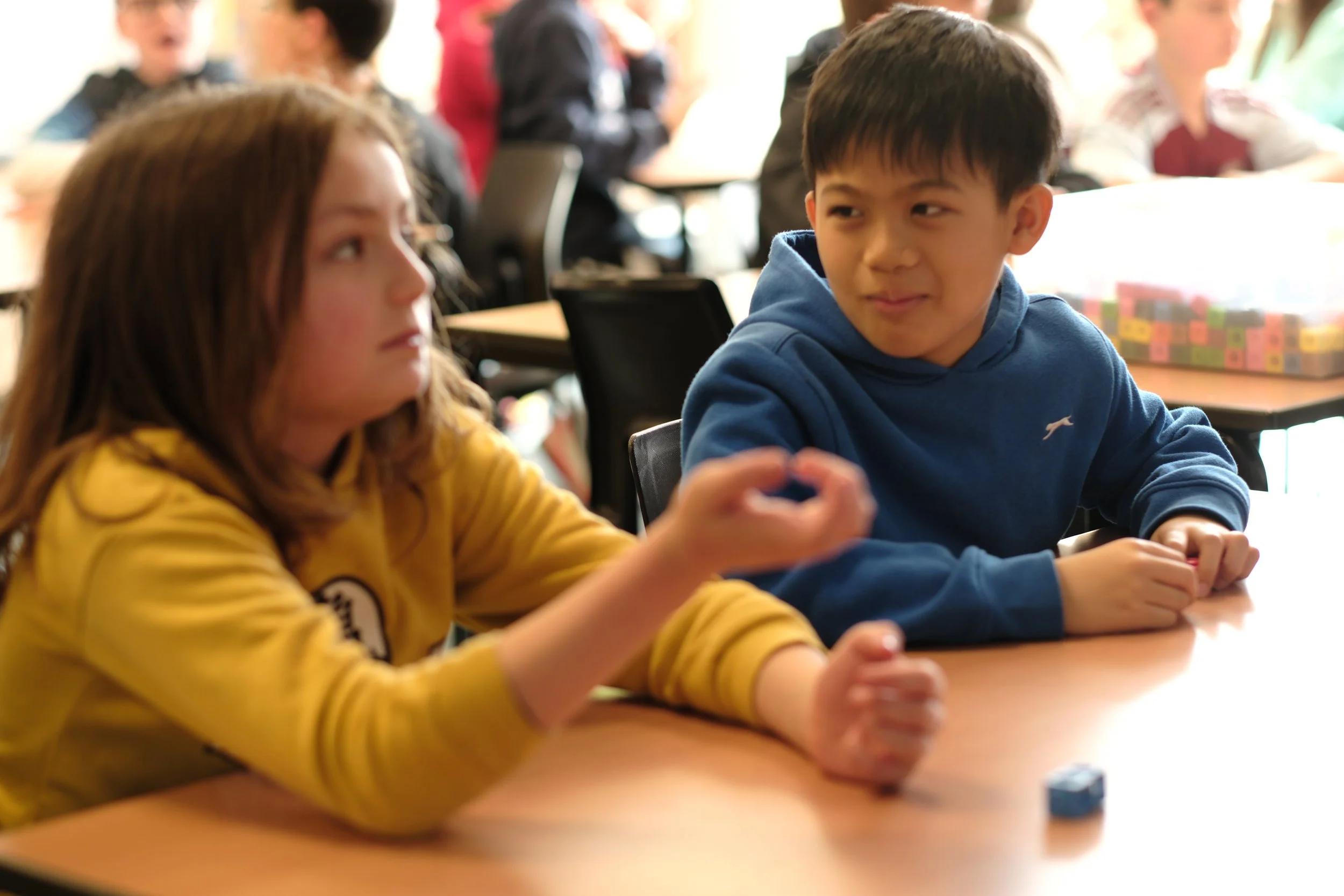


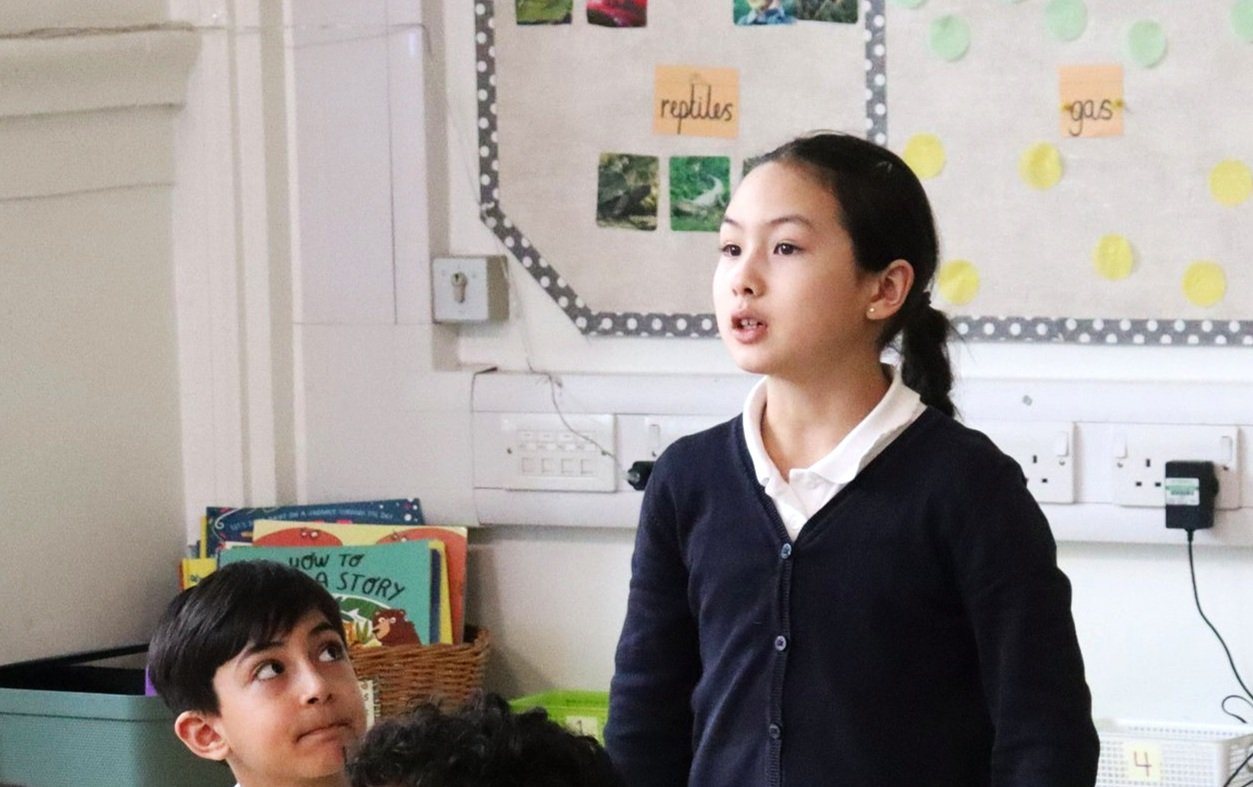
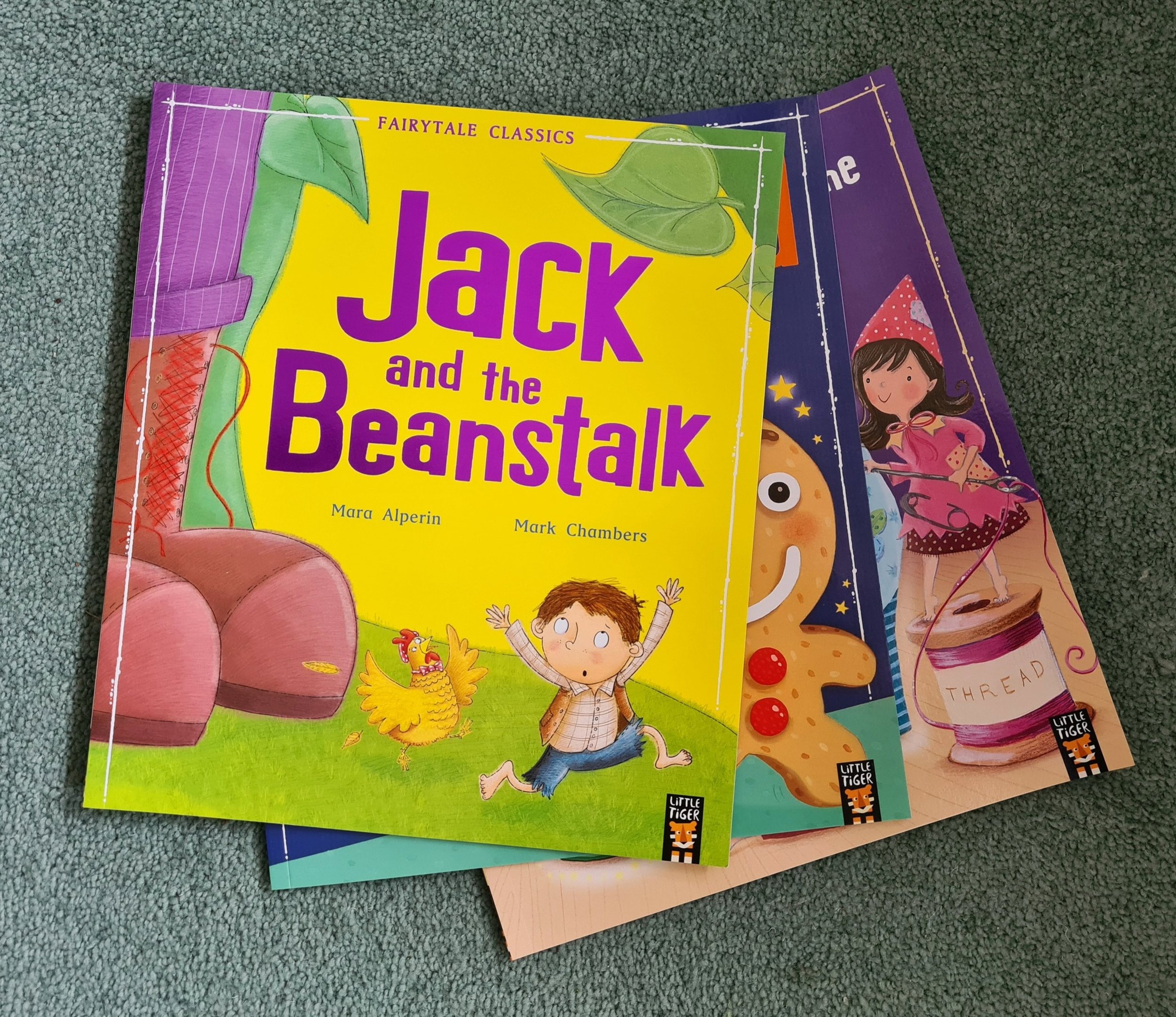






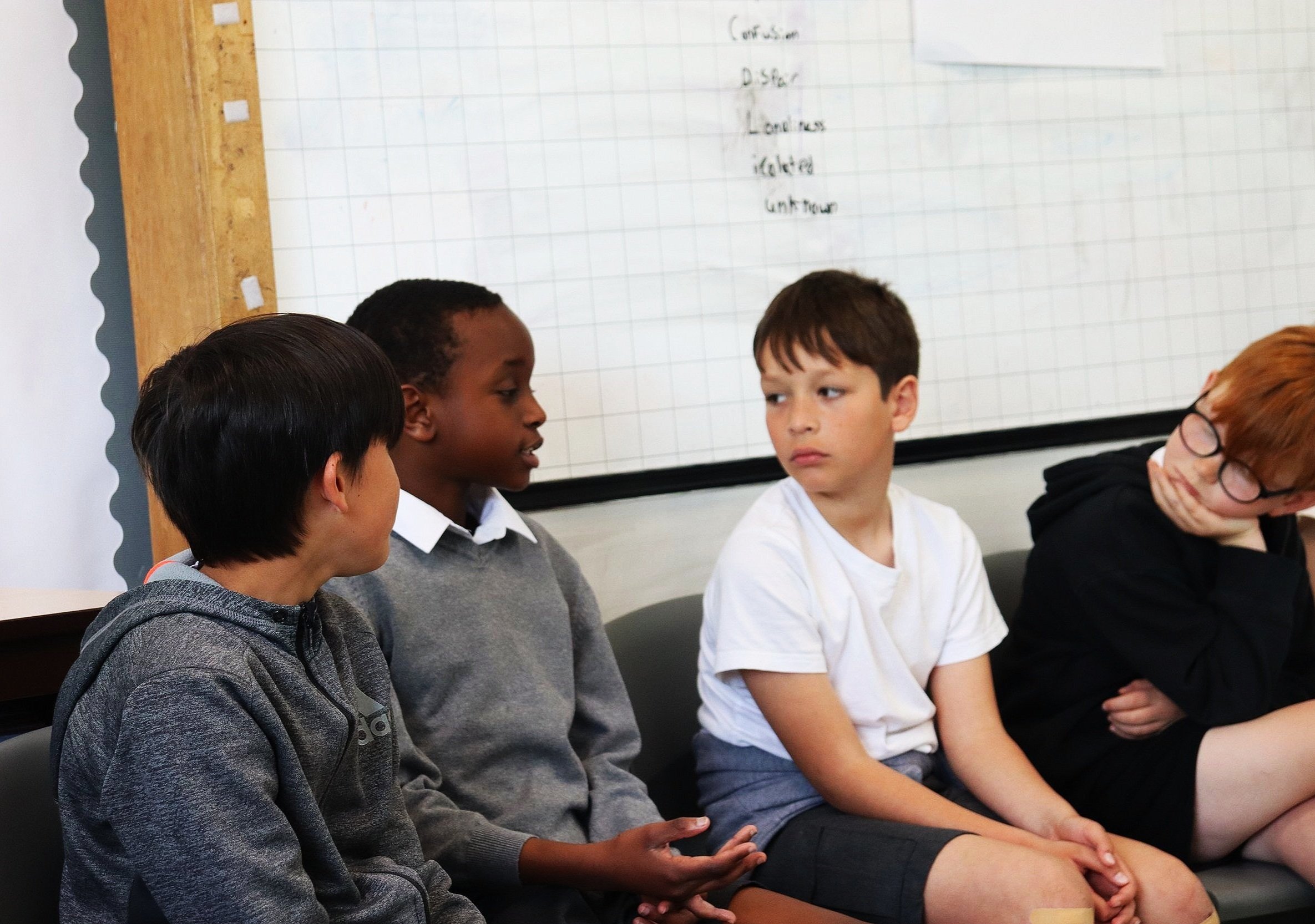




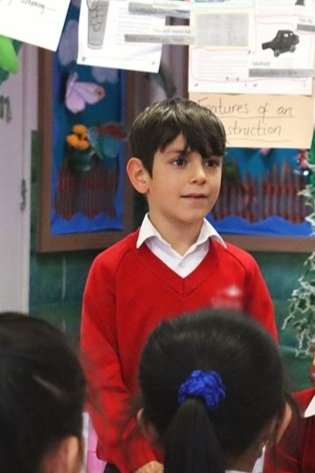
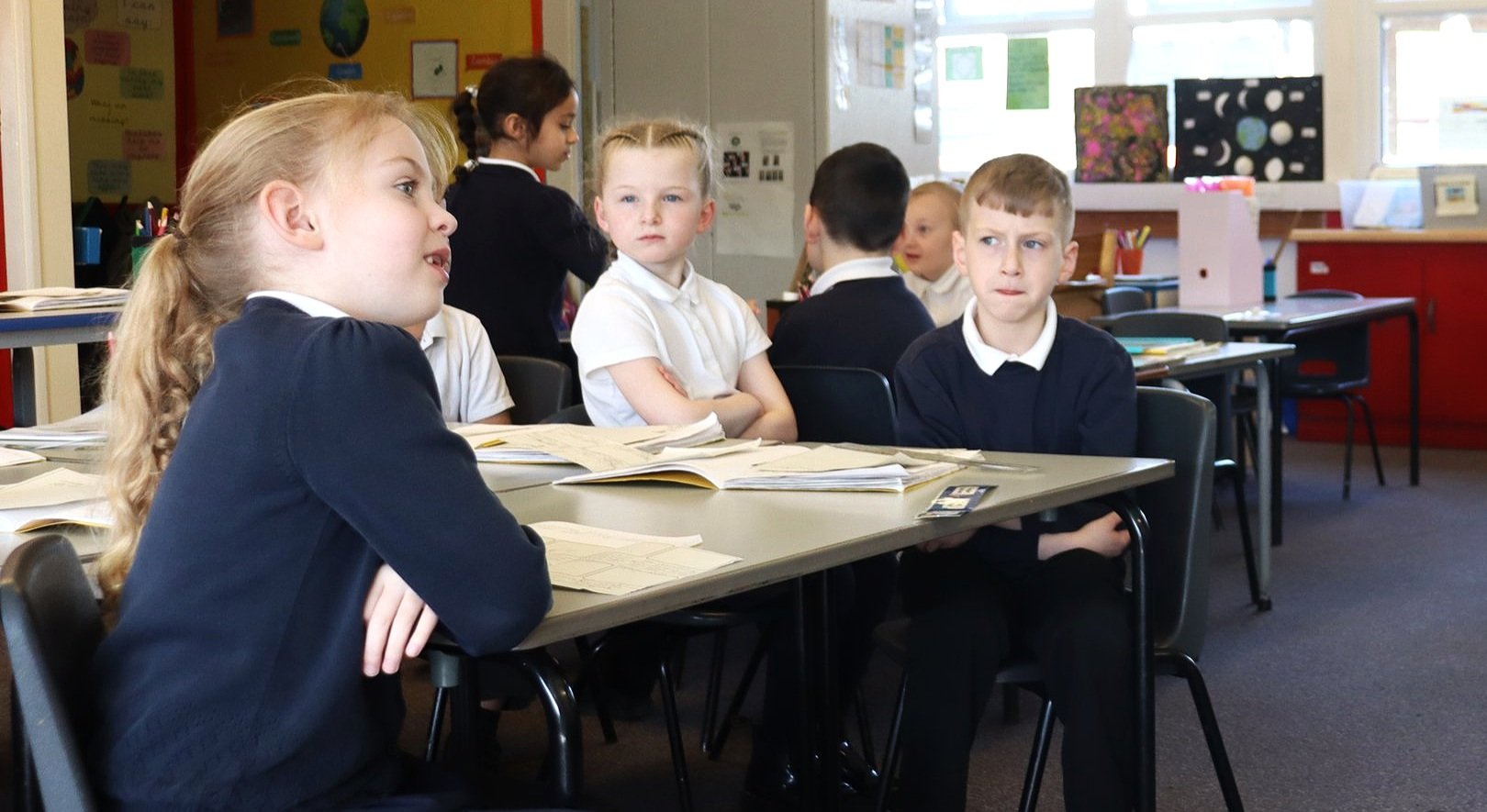
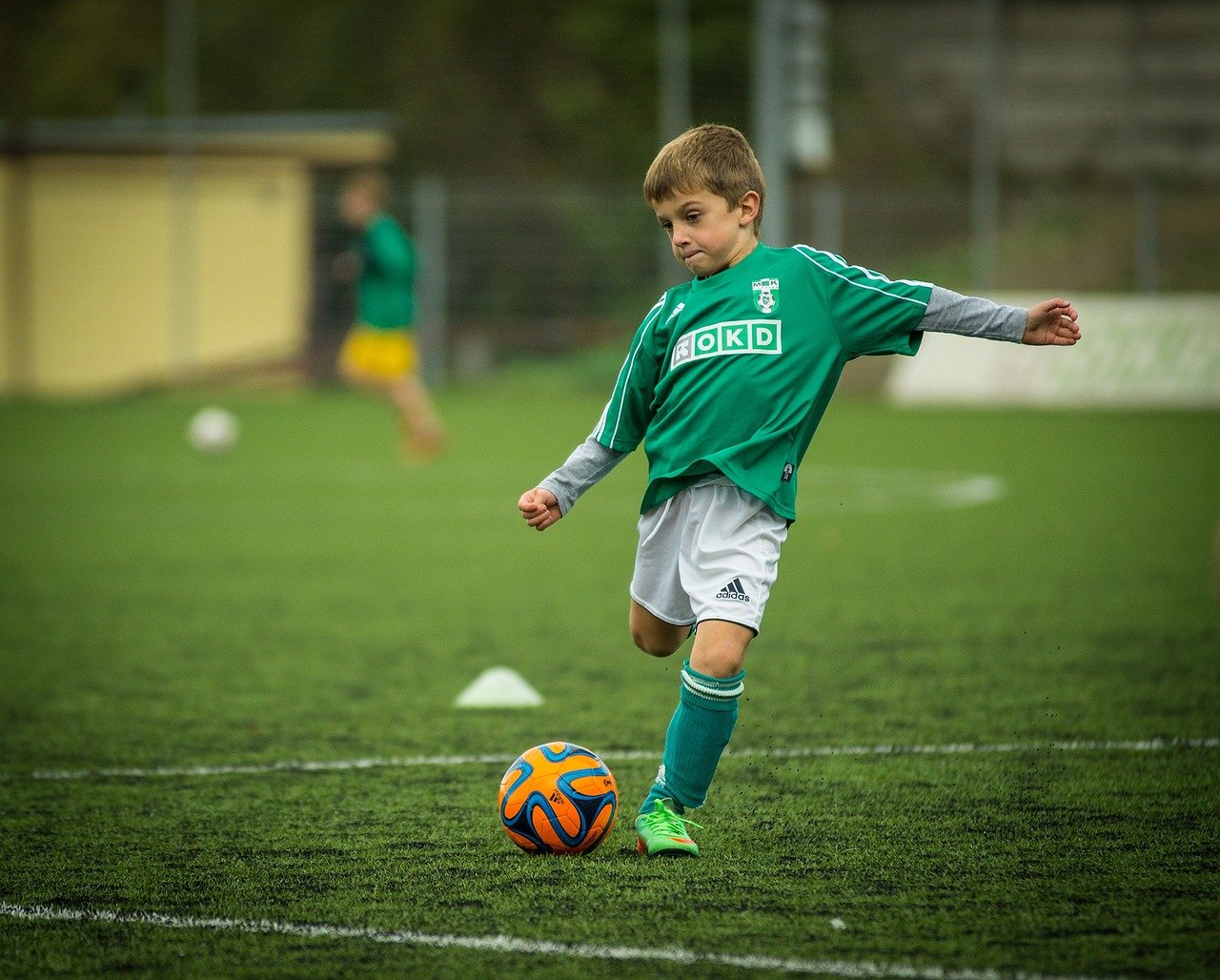





Can they remember what everyone else said?